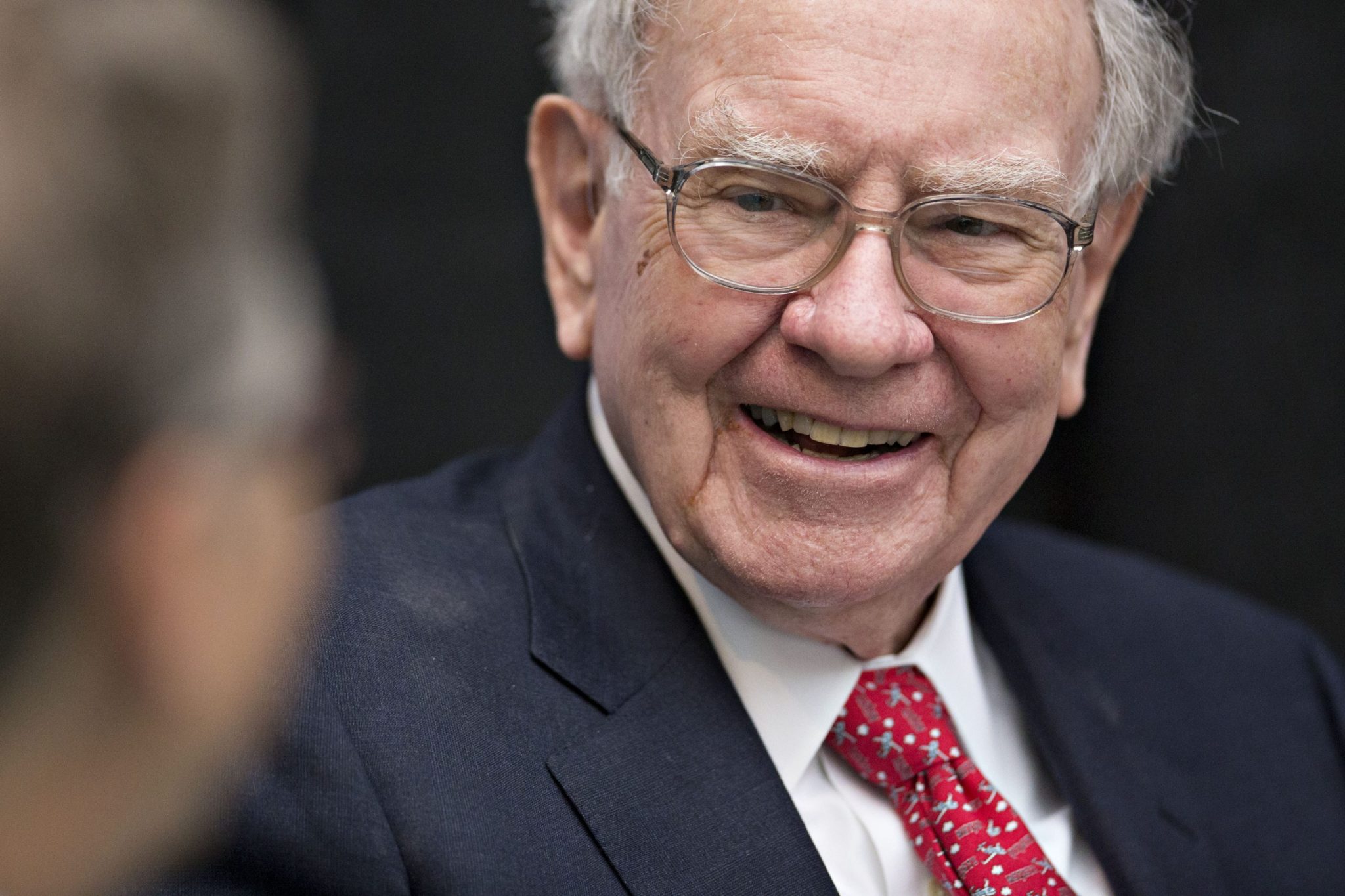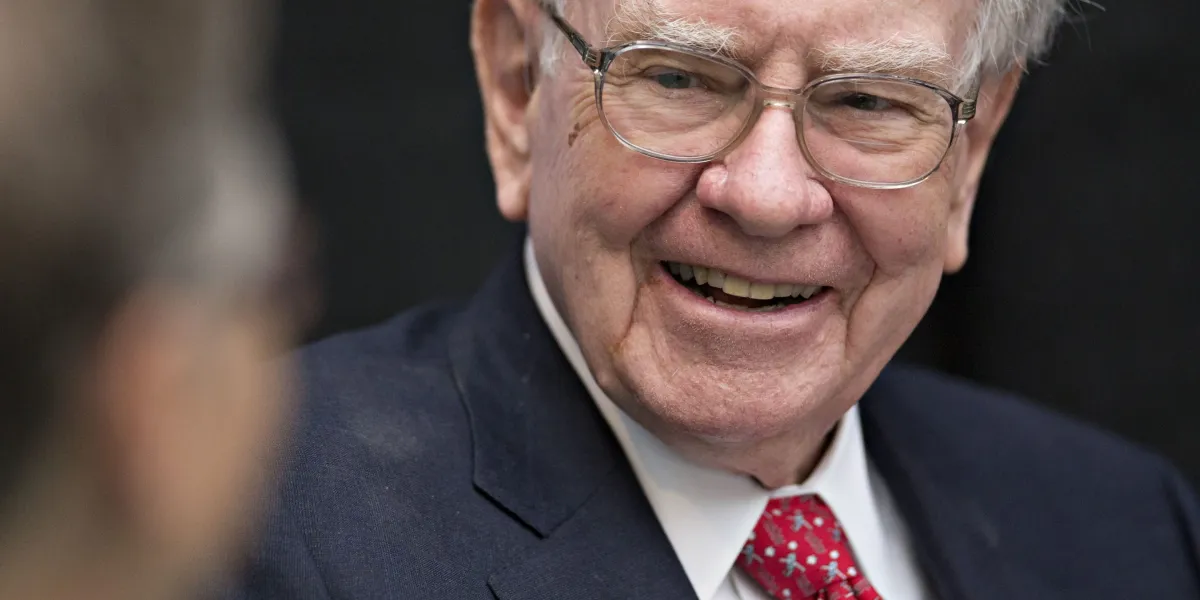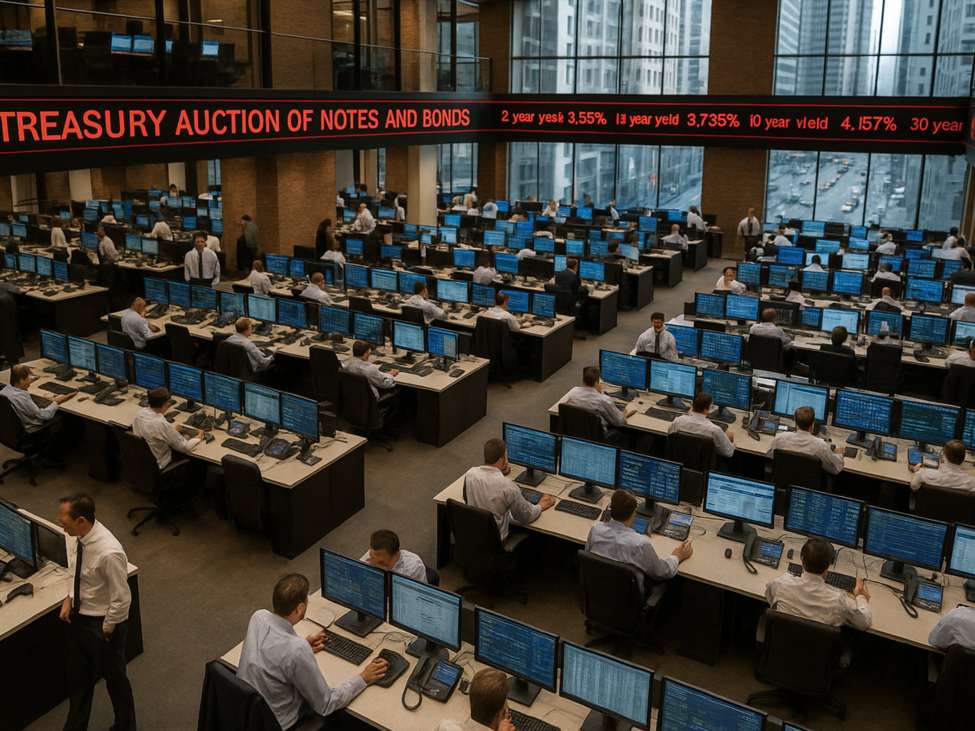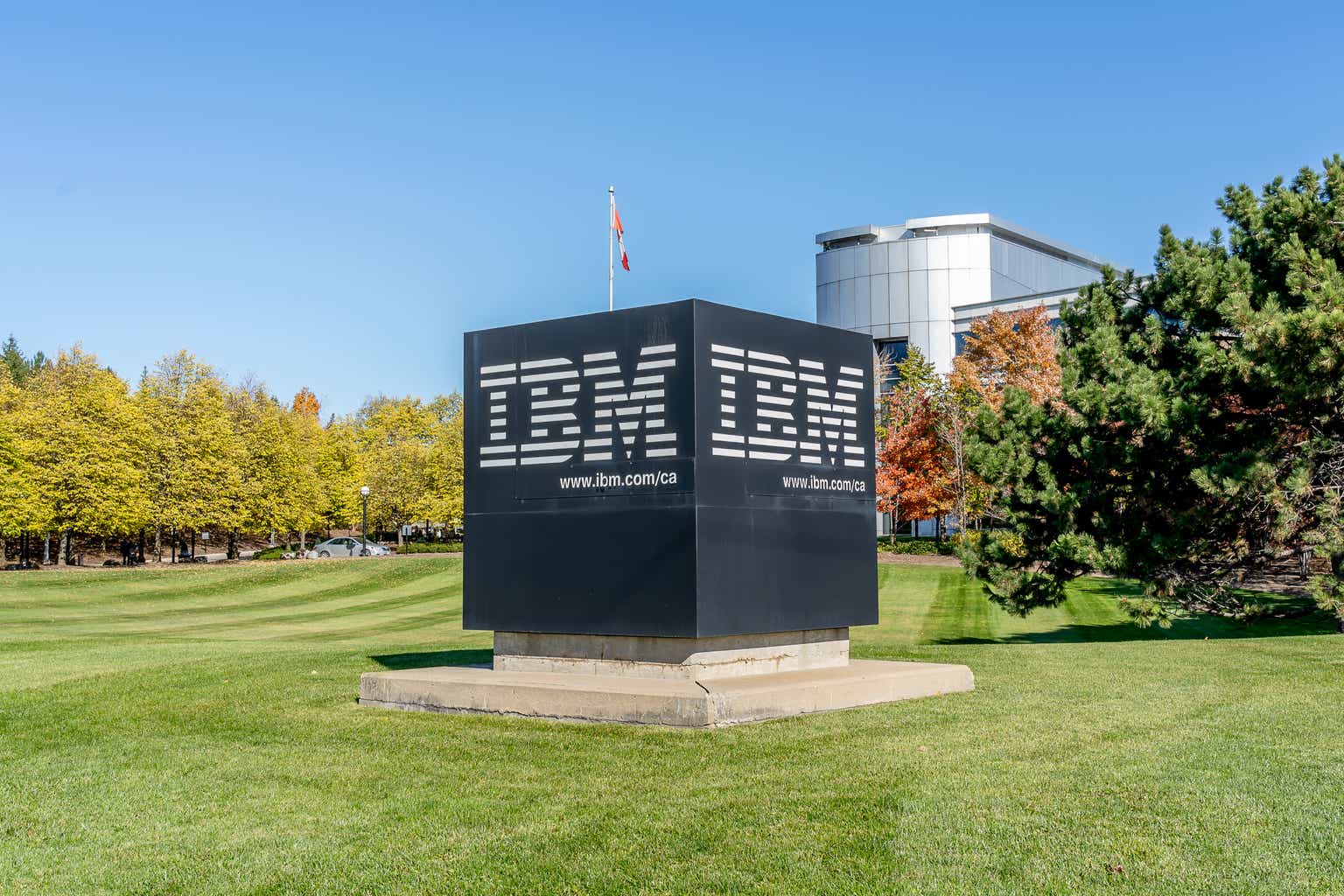
Legendary investor Warren Buffett is set to retire at the end of this year, but the billionaire Berkshire Hathaway CEO leaves behind a wealth of knowledge and sage advice.
One piece of advice he’s not sure people will follow, however, is his signature strategy: value investing. It’s a practice that takes time and patience—but pays off. Buffett’s current net worth is about $150 billion, and Berkshire Hathaway’s current market capitalization is a whopping $1 trillion. (Along with Saudi Aramco, it is the only company in the world with a $1 trillion-plus valuation that is not a tech firm.)
Value investing involves searching for companies trading below their intrinsic value and prefers quality businesses with strong growth potential, strong leadership, and “economic moats”—a phrase coined by Buffett referring to a company’s long-term competitive advantage.
During his 60-year run at Berkshire Hathaway, Buffett has stayed (mostly) true to this value investing focus. (Buffett did invest in major tech like Apple, although Berkshire Hathaway has shed a significant amount of those shares). This started as investing in branded companies like Coca-Cola and Geico that would reliably generate good returns, as well as insurance companies that would generate plenty of cash to reinvest. Buffett also championed the idea of only investing in businesses that made sense to him.
“Never invest in a business you cannot understand,” Buffett once said. He also said this strategy allows him to know within “five minutes” if an investment is worth it.
While value investing has ushered in great success for Buffett over his career, it’s a practice that requires a lot of time and patience because it involves identifying companies trading below their intrinsic value—and waiting for markets to recognize and correct the undervaluation. That’s why so few people follow this practice.
In fact, Amazon founder and fellow billionaire Jeff Bezos once asked Buffett why few copy his investment approach, according to Airbnb CEO Brian Chesky. He recounted on The Carlos Watson Show he was having lunch with both Buffett and Bezos, and when Bezos posed his question, Buffett answered: “Because no one wants to get rich slow.” And it’s especially difficult in this day and age where instant gratification reigns supreme, and investment strategies like day trading and investing apps have become more popular. Companies seem to dread being labeled “value” stocks, and insist on being labeled as “growth” stocks instead.
“Life is like a snowball,” Buffett once said, according to his authorized autobiography, The Snowball: Warren Buffett and the Business of Life. “The important thing is finding wet snow and a really long hill. I don’t just mean compounding money either. It’s in terms of understanding the world and what kinds of friends you accumulate.”
To be sure, Buffett’s advice may feel antiquated—or for a day and age very different from how our current stock market moves and works. Especially in the age of AI, inflation, and tariffs, stocks can move very rapidly, making it exceedingly difficult to know where to invest.
Still, Buffett advocates for not taking action just to make moves—but rather values patience: “The stock market is a device for transferring money from the impatient to the patient.”
“When in doubt, keep holding,” he said. “I’ve made most of my money sitting on my ass.”















